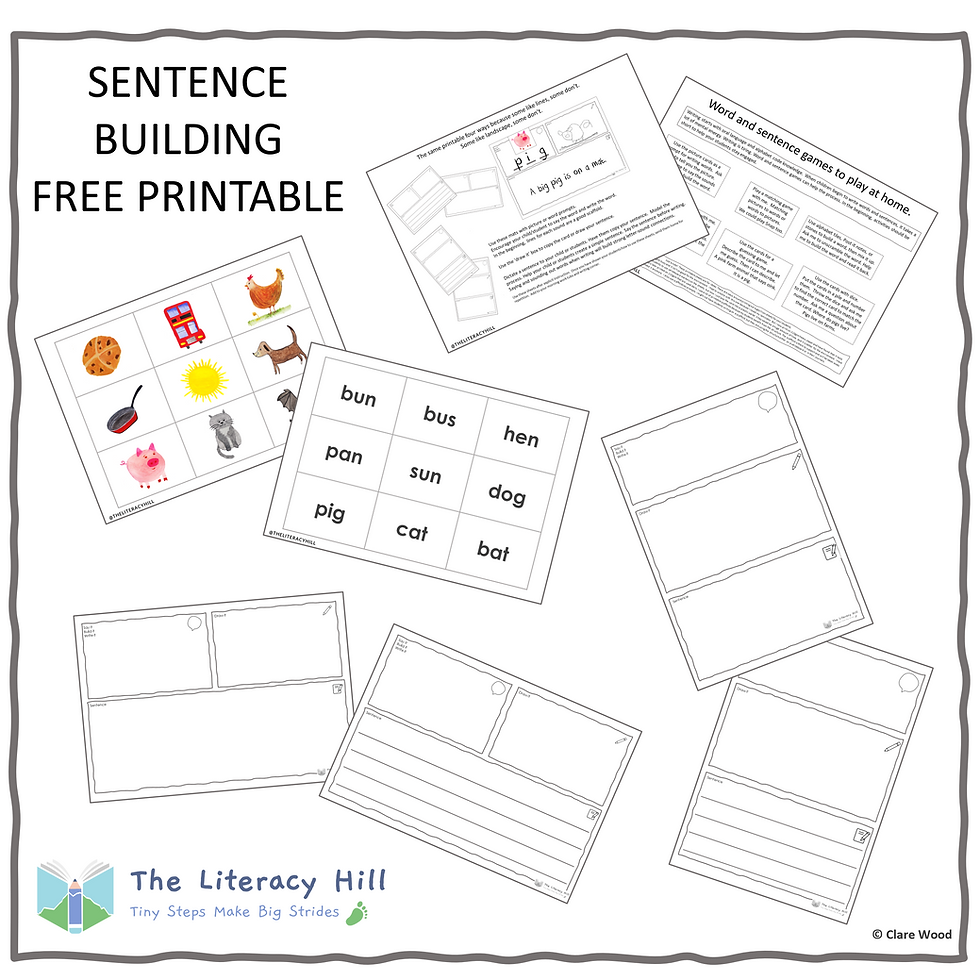THE POWER OF TALK
- Developers Devzmelbourne

- Sep 5, 2022
- 3 min read

I discuss the benefits of reading with children all the time; I find I am increasingly talking about talking with parents too. Language is an innate skill, so we often assume that children know things about speech and language that they don’t. We assume they have connected the dots that we have already connected in our heads. In our busy lives, it is easy to see language and vocabulary development as something that just happens.
Research suggests that it is how we talk with our children that really matters for their language development. The everyday activities we all do can be times for intentional talk. A flurry of complex words, flashcards or apps are not what matters.
Trying to inundate children with millions of words may be missing a crucial factor in development: human relationships, and social interaction. The number of adult words didn’t seem to matter at all for the brain function. What mattered was the number of conversational turns. Rachel Romeo, Graduate student at Harvard and MIT and the lead author of the paper – Beyond the 30-Million Word Gap.
The study suggests that parents should talk less and listen more
A while ago I made the above poster of everyday ideas for a group of families and forgot to add it to my free library. You can get it here.
I am so excited to tell you that I have partnered with an amazing speech pathologist to bring the poster to life and we have a daily chat challenge starting tomorrow that will give you lots of ideas, activities and resources to help you intentionally talk with your children. Erin will be here tomorrow to tell you more.
To join our challenge do this
You will receive daily activities and resources
Print out the double-sided posters or use from your device.
A daily chat can engage and get little ones excited and interested in exploring their everyday world
In the past decade there has been wide acceptance that early language plays a critical role in babies brain growth, and in their subsequent success in school lfie. LENA – Proving the Power of Talk
Research by MIT and Harvard shows that conversational turns and interactive chatting enrich language and vocabulary development.
This back and forth turn-taking occurs when a child speaks or responds or an adult speaks or responds. These conversational turns appear to change a child’s brain structure and function positively for long term gains in language skills.
The important thing is not just to talk to your child, but to talk with your child. It’s not just about dumping language into your child’s brain, but to actually carry on a conversation with them. Rachel Romeo, a graduate student at Harvard and MIT and the lead author of the paper
The findings are a positive step forward
The really novel thing about our paper is that it provides the first evidence that family conversation at home is associated with brain development in children. It’s almost magical how parental conversation appears to influence the biological growth of the brain. John Gabrieli, Professor of brain and cognitive sciences at MIT and the senior author of the study
The differences in the number of conversational turns accounted for a large portion of the differences in brain physiology and language skills. The findings applied to children regardless of home income or education. This is an encouraging finding! The study noted that while children from higher SES families were exposed to more language, children from poor and chatty families had similar language and brain development.
You can talk to a child until you’re blue in the face, but if you’re not engaging with the child and having a conversational duet about what the child is interested in, you’re not going to give the child the language processing skills that they need, the study adds to evidence that language development goes far beyond filling the word gap. Roberta Golinkoff, Professor of education at the University of Delaware School of Education
Talk with your child and let your child lead the conversation
Join us for the start of our #dailychatchallenge
To join do this
You will receive daily activities and resources
Print out the double-sided posters or use from your device.
Use the hashtag #dailychatchallenge to join in, show how you are using the resources and share your daily chat ideas with us.
Maybe talk isn’t so cheap after all!







Comments